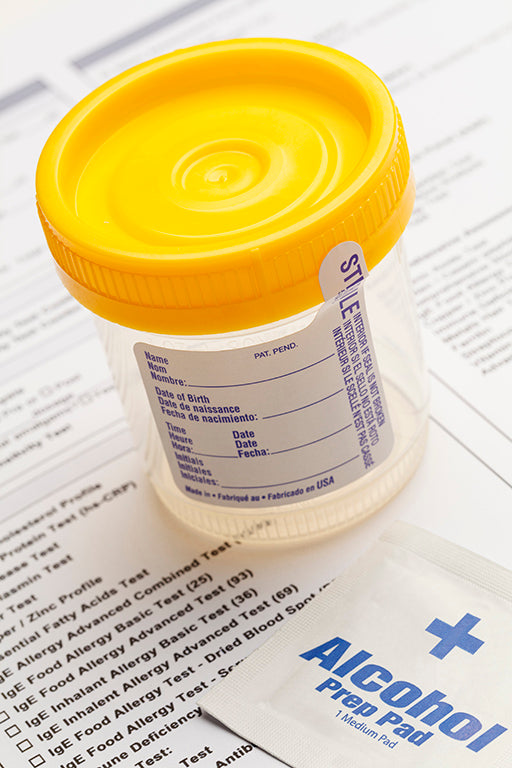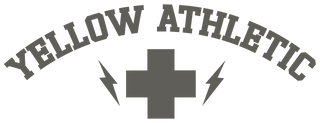
By Dr. Morgan Camp, MD
As CBD continues to gain popularity among athletes as a potential tool for managing pain and inflammation, and that the NFL, MLB and Olympics allow CBD use by athletes (see our blog post What Works for the Pros Should Work for the Rest of Us), there are concerns about how it may impact drug testing in some settings. Many athletes are subject to drug testing to ensure that they are not using performance-enhancing drugs, and there is some confusion around whether CBD may trigger a positive drug test.
Here's what every athlete should know about CBD and drug testing. First and foremost, it's important to understand that drug tests are typically looking for the presence of THC, not CBD. THC is the psychoactive compound found in cannabis that can produce a high, while CBD is non-psychoactive and does not produce a high. Most drug tests are designed to detect THC metabolites in urine, blood, or saliva.
While CBD itself is not likely to trigger a positive drug test, it's important to be aware of the potential for contamination. Some CBD products may contain trace amounts of THC, which could accumulate in the body over time and potentially trigger a positive drug test.
The amount of THC allowed in CBD products varies by country and region, with some allowing up to 0.3% THC and others requiring no THC at all. Athletes should be aware of the THC content in any CBD products they use and consider using products that have been third-party tested for purity and potency like the CBD used in Yellow Athletic. (Note: all Yellow Athletic Products are .3% THC or less and are federally legal. Our Anytime Recover Oil has 0% THC and is ideal for use by those concerned about drug testing
Another factor to consider is the method of administration. Some forms of CBD, such as oils and tinctures, may be more likely to contain trace amounts of THC than other forms, such as isolates or topicals. Athletes should also consider the timing of their CBD use in relation to drug testing, as THC can remain detectable in the body for several weeks after use.
Athletes should check with their sports organization or governing body to determine whether CBD is allowed and under what conditions. They should also be prepared to provide documentation or proof of the CBD products they are using in case of a positive drug test. (Know what’s in your products, Third Party Lab Results for Yellow Athletic Products)



